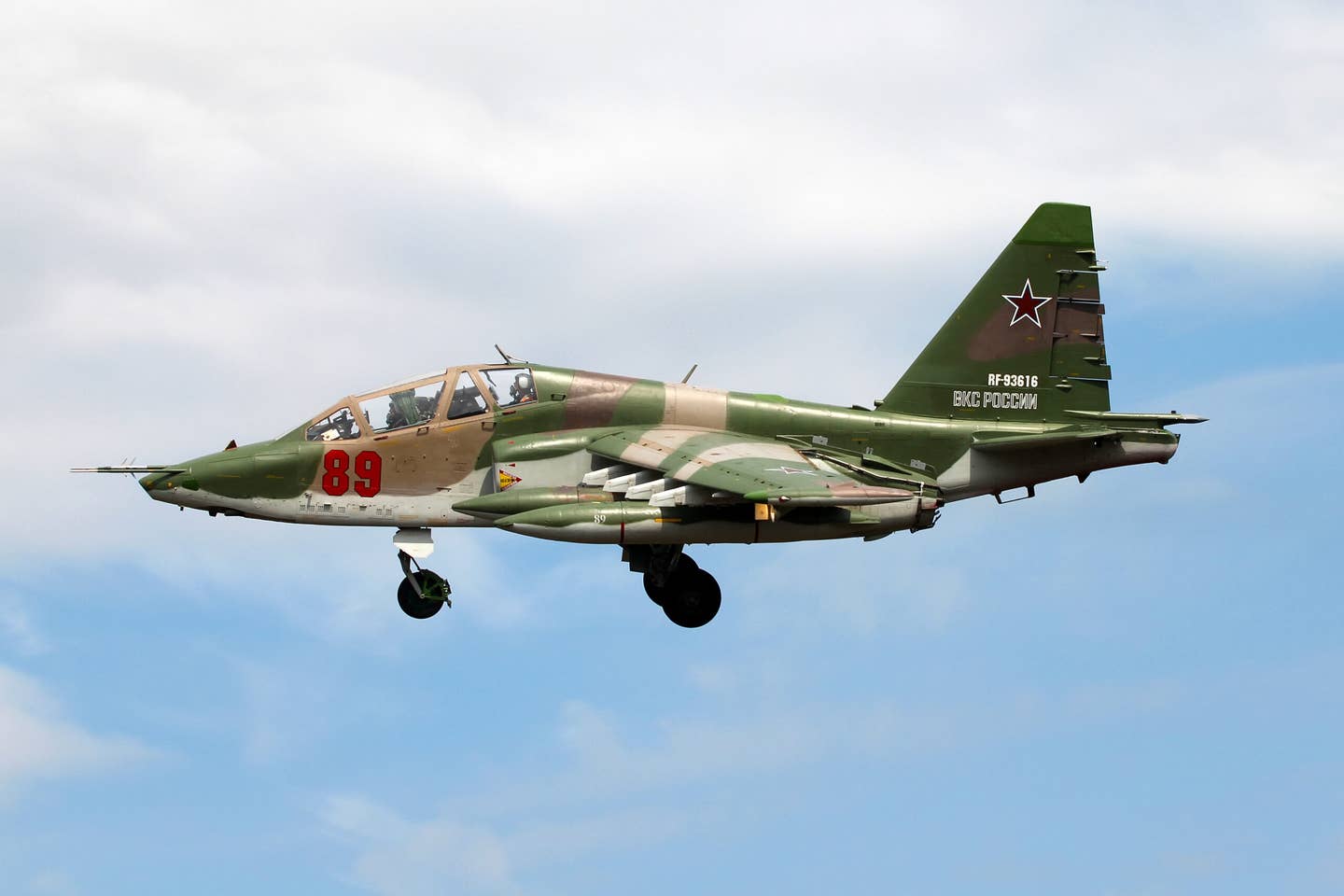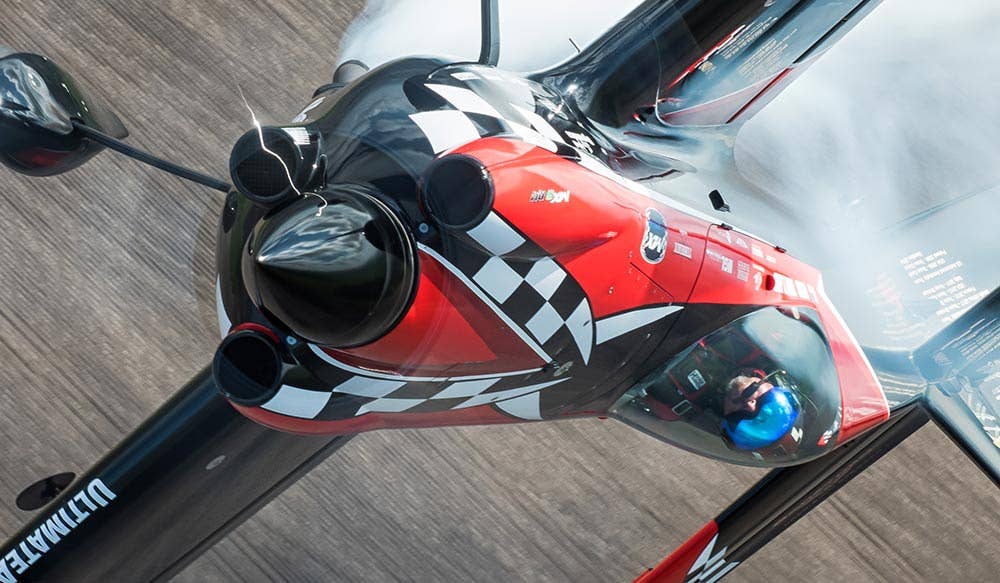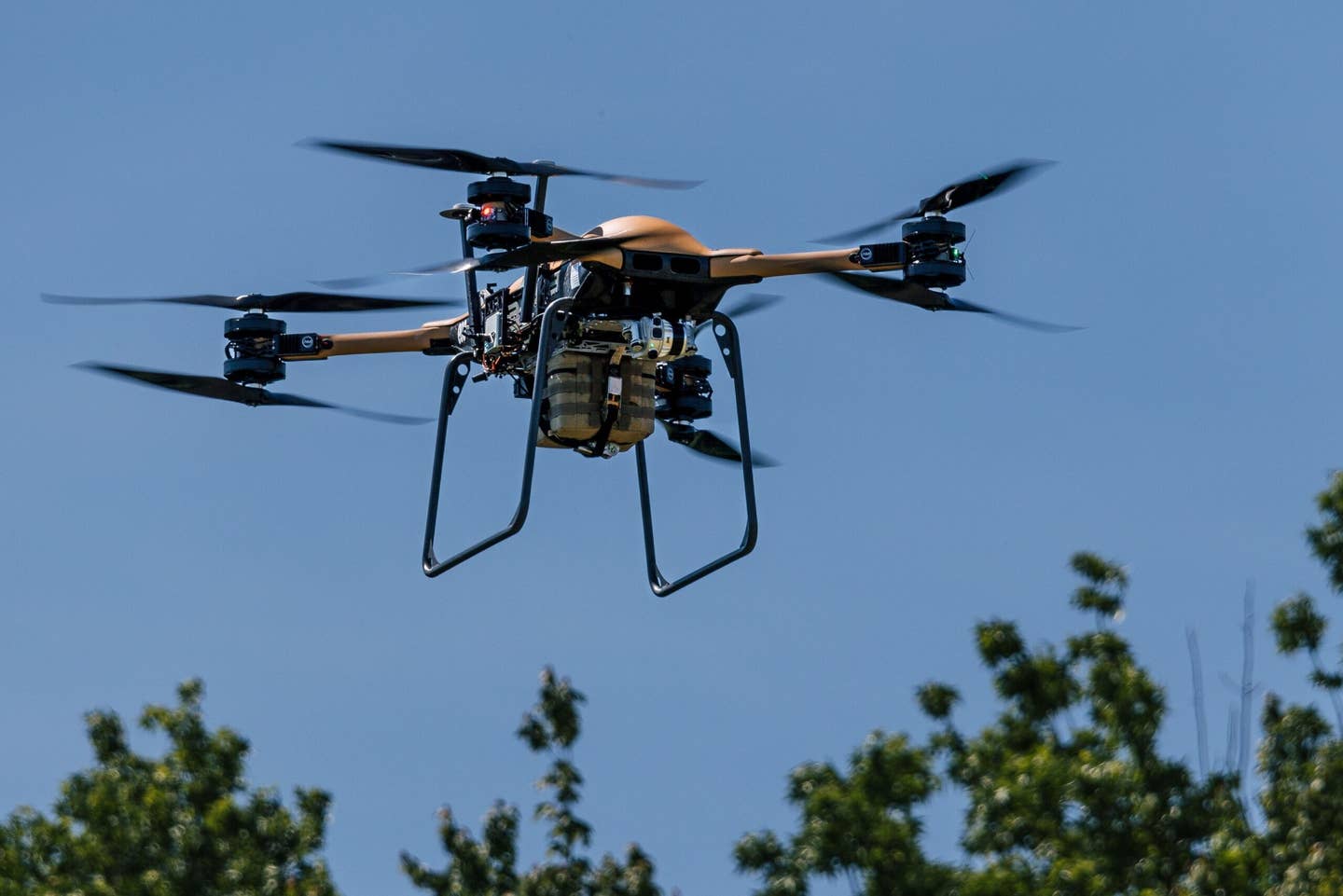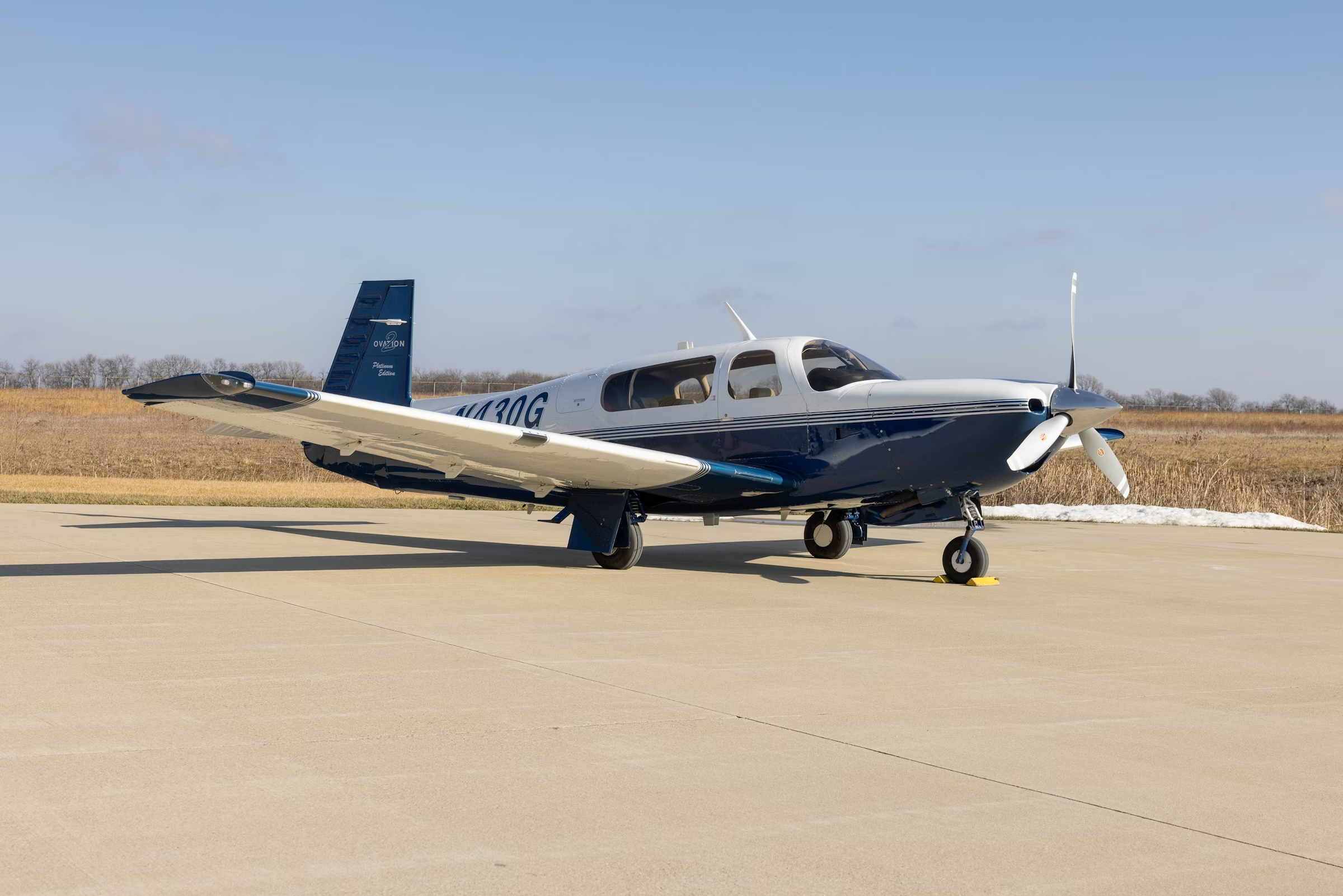5 Things To Know About the Call for a No-Fly Zone in Ukraine
This week, Ukraine’s president asked members of Congress to establish a no-fly zone against Russia. Here’s why that won’t happen.

A no-fly zone declaration would require shooting down Russian aircraft like this Sukhoi Su-25. [File photo: Shutterstock]
As the war in Ukraine enters its fourth week, the world continues to ask what can be done to stop the brutal onslaught against innocent civilians.
This week, Ukrainian President Volodymyr Zelensky made a direct appeal to members of Congress to help “close the sky over Ukraine,” including establishing a no-fly zone. Here's what that request really means for the U.S. and other NATO countries.
1. Declaration of War
In a public appeal to members of Congress on Wednesday, Zelensky framed his request for help protecting Ukraine's sky in relatable terms that all Americans could easily understand.
“Remember Pearl Harbor, the terrible morning of December 7, 1941, when your sky was black from the planes attacking you,” Zelensky said. “Remember September 11, a terrible day in 2001 when evil tried to turn your cities, independent territories, into battlefields. When innocent people were attacked from the air.”
When it comes to NATO setting up a no-fly zone over Ukraine, Americans are largely united in support of the idea, according to a recent poll. Nearly three out of every four, or 74 percent, of Americans aligned with both Democrat and Republican parties said the U.S. and NATO should impose a no-fly zone, Reuters reported earlier this month.
Establishing a no-fly zone, however, is inherently all about enforcement. In this case, a no-fly zone declaration would require shooting down Russian aircraft and, almost certainly, ratchet up tensions between the U.S. and Russia, both nuclear powers.
One U.S. lawmaker summed up the equation. "There are a lot of pundits, journalists, and members of Congress using this term 'no-fly zone' except most Americans probably don't know that declaring a no-fly zone is essentially tantamount to a declaration of war," Rep. Alexandria Ocasio-Cortez said in a message on social media Thursday. "So if you're not comfortable with the United States declaring war against Russia, you're probably not comfortable with a no-fly zone."
2. Increased Suffering
Threat of nuclear war aside, establishing a no-fly zone has the very real potential of spreading the conflict throughout Europe, increasing the amount of human suffering.
"We see death, we see destruction, we see human suffering in Ukraine," NATO Secretary General Jens Stoltenberg said Wednesday.
"But this can become even worse if NATO took actions that actually turned this into a full-fledged war between NATO and Russia."
The Alliance has a responsibility to prevent the conflict from escalating further," he said. "That would be even more dangerous. And would cause more suffering, death, and destruction."
3. NATO On Guard
Russia's bombardment of Ukraine has NATO forces on alert. According to Pentagon officials, Russia has fired more than 1,000 missiles into Ukraine, and some of the strikes are landing close to the borders of NATO countries.
On Friday, for example, four missiles hit an aircraft repair plant in Lviv, in western Ukraine, 50 miles away from the border with Poland. Last weekend, a missile strike in the region 15 miles from the border with Poland killed 35, sparking anxiety among Poles, ABC News reported.
Earlier in the week, there were at least two reports of Russian drones over NATO airspace, the Wall Street Journal reported.
As fighting creeps closer, hundreds of thousands of NATO forces remain on heightened alert, according to Alliance officials.
"When we see more military activities, when we see actual fighting going on close to NATO borders, there's always a risk for incidents and accidents," NATO's Stoltenberg said. "And therefore we have to make every effort to prevent such incidents and accidents and if they happen, to make sure that they don't spiral out of control and create really dangerous situations. And we are very closely monitoring the airspace and the border areas around NATO."
4. Other Options
When it comes to aiding Ukraine's military, the most effective assets for securing the sky will likely be based on the ground, according to military officials. Despite having one of the largest aircraft inventories in the world, Russian air force fixed-wing combat aircraft have been noticeably absent from the Ukrainian battlefield.
NATO, however, is adamant its support won't be from the deployment of Alliance air or ground capabilities in Ukraine. Still, NATO allies are attempting to help Ukraine "close its skies" through other means.
"[W]e are working with allies and partners to continue to provide security assistance to the Ukrainians on short range and tactical systems, as well as long range systems, to include long range air defense," a senior Pentagon official told reporters Thursday.
The biggest asset, so far, has been the Ukrainian forces.
"There's a lot of fighting going on," the official said. "The Ukrainians are…they are the reason why [Russia hasn't] been able to move forward, and it's because they are very actively resisting any movement by the Russians. So it's not like a stale mate, where both sides are just kind of camped out. They are actively resisting any movement by the Russians."
Happening Now: President Biden delivers remarks announcing new assistance the United States is providing to Ukraine. https://t.co/RiDA268Qmv
— The White House (@WhiteHouse) March 16, 2022
5. Military Support
While Ukraine may not have a no-fly zone or a replenished supply of fighter jets, the U.S. and at least 30 other countries are supporting Ukraine with security assistance. Earlier this week, President Biden announced the U.S. would be sending the country $800 million in military assistance. The aid package increases the amount sent from the U.S. this week alone to more than $1 billion, the White House said.
The aid package includes
- 100 tactical unmanned aerial drones
- 800 Stinger anti-aircraft systems
- 9,000 shoulder-mounted anti-armor missiles
- 7,000 grenade launchers and machine guns
- 20 million rounds of ammunition
“This could be a long and difficult battle,” Biden said, Defense One reported. “We are united in our abhorrence of Putin’s depraved onslaught, and we're going to continue to have their backs as they fight for their freedom, their democracy, their very survival.”

Sign-up for newsletters & special offers!
Get the latest FLYING stories & special offers delivered directly to your inbox






